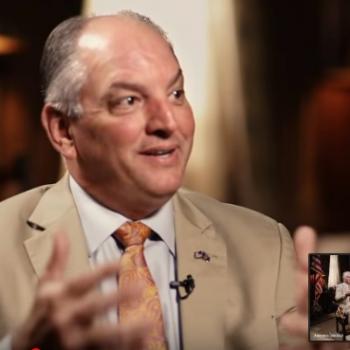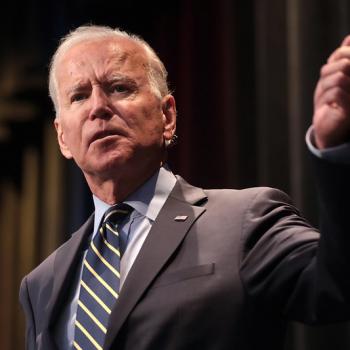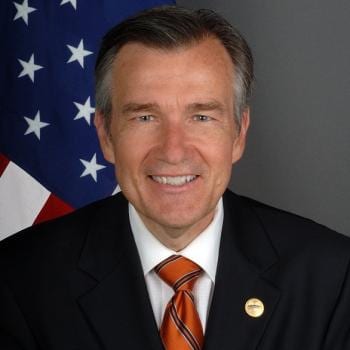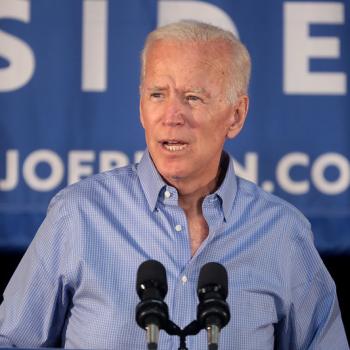There’s a rare interview in the National Catholic Register with the New York Times’ youngest columnist, Ross Douthat, who also happens to be a devoted Catholic. Among other things, he talks about Paul Ryan and Cardinal Dolan:
Rep. Paul Ryan’s budget proposal has generated controversy about his integrity as a Catholic, with bishops and lay people either criticizing and defending his application of Catholic social principles.
Ryan manifests the growing comfort of Catholic Republicans [with challenging the traditional application of Catholic social principles]. They shifted to the GOP, initially, over abortion. But, over time, they have also embraced an alternative view of Catholic social teaching. They took the basic structure of Catholic thought, but placed emphasis on subsidiarity and local communities, rather than solidarity or looking [to policies directed by] a national bureaucracy.
When Ryan talks about his budget plan in Catholic terms, he is using the language of Catholic neo-conservatives like Michael Novak and Richard John Neuhaus from a previous generation.
Ryan is also a shrewd and effective politician.
He has done an impressive job of framing his political philosophy in Catholic terms. He is absolutely right to argue that in the debate over whether the federal government should consume 18% or 24% of GDP, there is nothing in Catholic social teaching that says the government must inevitably expand and pay no attention to deficits. It is a mistake for his critics to say he is dissenting from Catholic social teaching.
That said, when you look at his proposals, there isn’t always a “Catholic” difference: When you compare his proposals with those offered by a more conventional Republican politician, they tend to be in the same ballpark.
People have overstated the Ayn Rand connection, but there is a Randian wing of the Republican party, oriented around liberty, while another wing is oriented around community and solidarity. Ryan straddles both, but it would be nice if he offered a more distinctively Catholic position.
Cardinal Timothy Dolan of New York, the president of the U.S. Conference of Catholic Bishops, is playing a prominent role in this campaign season. Over the past year, he led the bishops’ campaign against the federal contraception mandate, asserting that the Obama administration was “strangling” Catholic institutions. More recently, he provoked a furor when he invited the president to the Alfred E. Smith dinner, and another when he agreed to offer a Benediction at the Republican convention. Today, it was announced that he would offer a blessing at the Democratic convention.
Navigating American life has always been a big challenge for Catholic leaders. It was challenging in the period when Catholics were persecuted in the U.S., and in the last century when Catholics became influential.
Now, we are in a ‘betwixt and between’ period. Catholics do not face the level of public hostility they faced in the 19th century. But the Church is more divided than it was, and its public reputation is much worse because of the sex abuse scandal.
The new anti-Catholicism is a more urbane pseudo-sophisticated version that regards the Church as a stumbling block to progress, and this presents Cardinal Dolan with a difficult challenge.
You don’t want to exaggerate the threat the Church faces, and suggest that we’re all going to be locked up and sent to re-education camps. But there are real challenges and you need to push back vigorously against them.
The choices he has made have been generally right. [The bishops] need to push back against the mandate; if you don’t there will be more threats to Catholic liberty coming down the pike.
But he was also right to invite President Obama to dinner because whatever disagreements there have been between the Church and the White House, Obama is not Henry VIII. We are still a free society and the Church should be in dialogue. The fact that people were taken aback by that shift [in his response] shows how tricky it is to navigate these waters.











